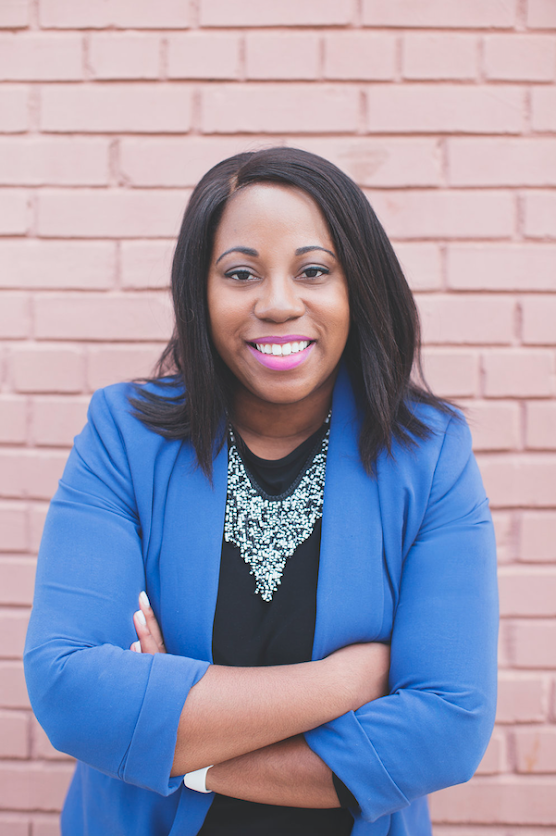More Than a Seat at the Table: Fostering Inclusion at Work
By Tiffany Waddell Tate (’07, MA ‘11)
Tiffany Waddell Tate is a career coach & professional development consultant, passionate about helping others develop themselves while adding value to organizations and the world. Stay connected on Twitter @tiffanyiwaddell or at www.tiffanywaddell.com to continue the conversation.
Diversity is a hot topic across industries, as organizations seek to diversify the workforce to not only represent the general population, but effectively engage the clients they serve. While representation definitely matters, inclusion is what keeps people engaged and an organization thriving. As a coach, consultant, and woman of color who champions the impact of D&I efforts and creating workplace cultures where people can show up as their authentic selves to do good work, clients and colleagues often ask me how to implement strategic best practices into their personal work style, or as an ally for others. Wondering how to foster an environment of inclusion in your work place as a team member or manager? Here are three ways I try to stay sharp and promote inclusive excellence in every professional space I enter:
Never stop learning. Seek out training opportunities across learning dimensions that might impact your ability to be the best professional, colleague, or manager. Topics such as emotional intelligence, conflict resolution, implicit bias, and cross-cultural communication are great places to begin digging deeper on the self-awareness and skill development required to have a positive impact on your ability to effectively work across difference. Over the arc of my career, I have had the incredible opportunity to work for organizations and teams who believe in the power and edge of being a continual learner. Even if you have a natural penchant for building relationships, effective communication, or conflict resolution – even the most accomplished professional has room to get better! 90% of people leave jobs because of management and interpersonal conflict – in short, because of people. Honing and sharpening skills to effectively work with people is typically the difference between a successful individual contributor, and an excellent and effective leader.
Equity over equality. As a manager, I find that people often confuse equality with equity. Equality is giving everyone the same resources (or treatment) and equity is providing individuals the resources that are in line with their developmental needs and contributions as a professional. What this looks like varies by organization and role, for sure – but having a deep understand of what resources and tools one person on your team needs to perform effectively for the organization and grow as a professional, rather than using one plan of attack in terms of coaching and developing your people? It can make or break the productivity and quality of engagement over time.
Amplify voices. To encourage inclusion in your work or your work place – it is mission critical to amplify voices. It’s important for individuals who may be underrepresented in your space (whether we are talking ethnicity/race, gender, differently-abled, or any other dimension of identity) to have more than just a seat at the table. Representation matters, but true inclusion requires intentionality and action. Taking steps to actively include the voice and perspective of others in meetings, strategy development, or resource creation is an important step toward creating inclusive environments for organizations and teams. Creating opportunities to include a diverse cross-section of constituents and gather input can often ensure you don’t miss gaps in terms of creating quality business solutions – but it also leads to more trust, innovation, and engagement from everyone around you at every level of an organization.
What practices do you apply to your work to foster inclusion? Please share your thoughts on Twitter with @tiffanyiwaddell and @LifeAfterWake.

